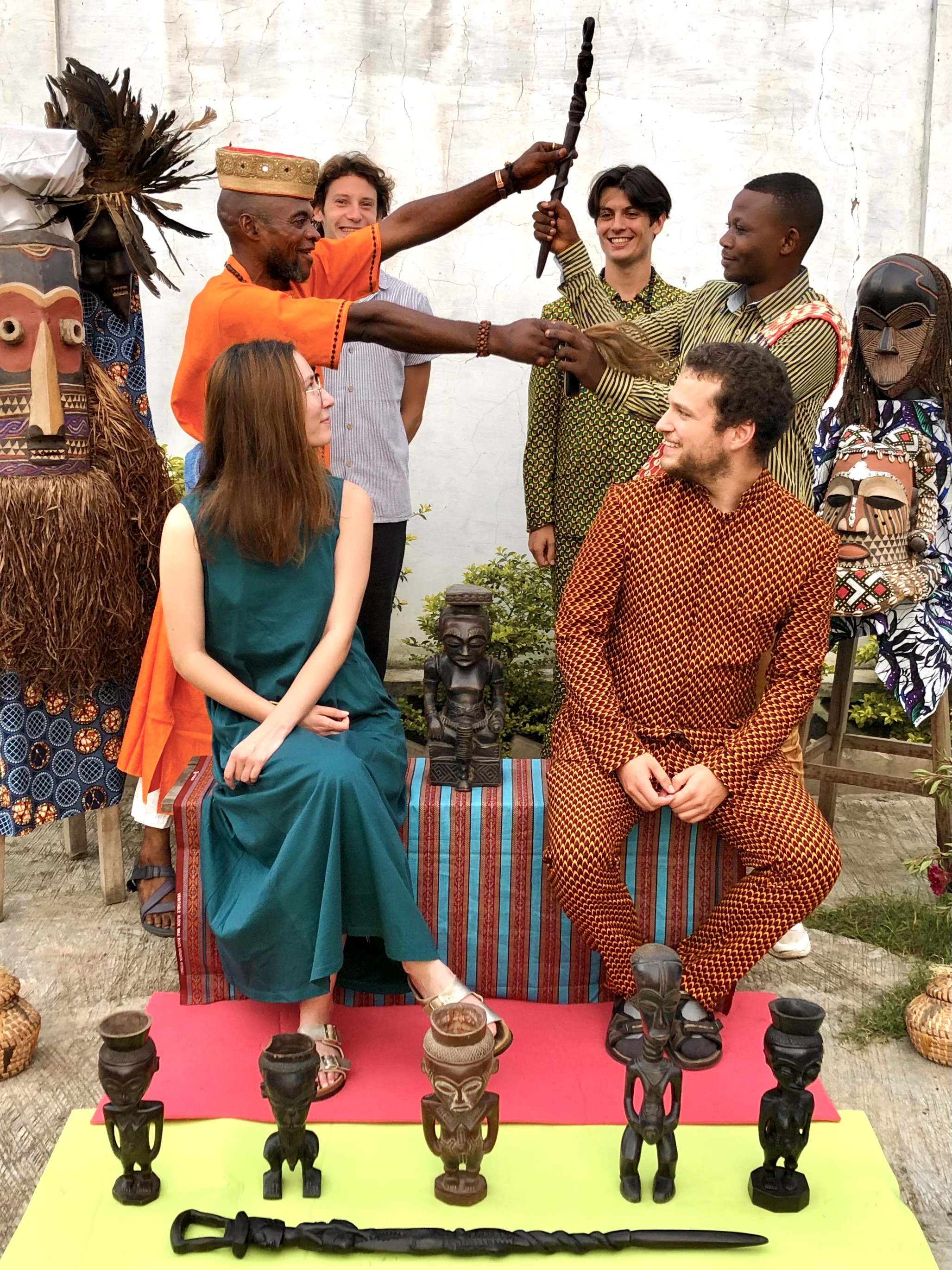I am passionate about pursuing a career as an academic researcher studying critical junctures in economic development through a combination of historical data analysis, real-time field data collection and quasi-experimental econometric methods.
I am now eager to hone my skills further and launch my own research agenda at the intersection of economic history and development economics. I hope to continue to build my skills in formal theory—applied to cultural and institutional development and then test implications of those theories.
Education
My interest in economics comes from a love of social science combined with an interest in formal reasoning. The undergraduate program that I completed in France, at Lycée Carnot and Ecole Normale Supérieure de Lyon, gave me a chance to study a range of subjects, from economics and pure mathematics to sociology and history.
The social science courses sparked my interest in development. I am fascinated by long-run historical theories explaining development with a focus on social and political institutions and their interaction with culture and cultural evolution. But at the same time, I was drawn to the purity and parsimony of mathematical models. I found in economics a way to reconcile the two: research on big social scientific questions about development using a toolset with formal foundations and a commitment to gathering well-identified quantitative evidence.
I chose to continue with a Master’s of Research in Economics at Ecole Normale Supérieure de Lyon. I enrolled in the most advanced courses in econometrics, microeconomics, and data processing that the degree offered. In addition, I pursued my substantive interests by studying development and political economy.
Experience
I worked as a research assistant for Sophie Hatte and Laurent Simula, focusing on optimal taxation and media, before starting my Master’s. Then, as I yearned to work with historical data, I took a gap year between the first and the second year of my Master’s degree to work as a research assistant for Stelios Michalopoulos.
While I love economic history, I began to crave field-based research experience. I was thrilled to pursue a two-year predoc with Jonathan Weigel Nathan Nunn and James Robinson as principal investigators. The first year took place in Kananga, DRC, the same setting in which the Kuba Kingdom field work occurred (Econometrica 2017). Working as Field Research Manager of the PIs’ research center there and managing a team of 60 employees was the most life-changing experience I have ever had. The second year took place at UC-Berkeley where I carried on supervising data collection remotely managed all research funds, grant applications, and interactions with institutional reveiw boards.
My primary work occurred on a multiyear RCT examining the causal effects of urban churches and urban markets on people’s economic livelihoods and culture. I also participated in the building up of another RCT focusing on the long-run effects, particularly on tax compliance, of land property conflict mediation institutions.
